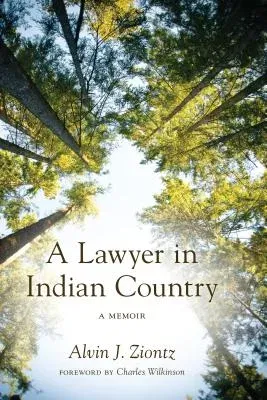Alvin J Ziontz
(Author)A Lawyer in Indian Country: A MemoirPaperback, 27 November 2012

Qty
1
Turbo
Ships in 2 - 3 days
In Stock
Free Delivery
Cash on Delivery
15 Days
Free Returns
Secure Checkout

Print Length
328 pages
Language
English
Publisher
University of Washington Press
Date Published
27 Nov 2012
ISBN-10
0295992352
ISBN-13
9780295992358
Description
Product Details
Author:
Book Format:
Paperback
Country of Origin:
US
Date Published:
27 November 2012
Dimensions:
22.1 x
14.48 x
2.29 cm
Genre:
Native American
ISBN-10:
0295992352
ISBN-13:
9780295992358
Language:
English
Location:
Seattle
Pages:
328
Publisher:
Weight:
430.91 gm